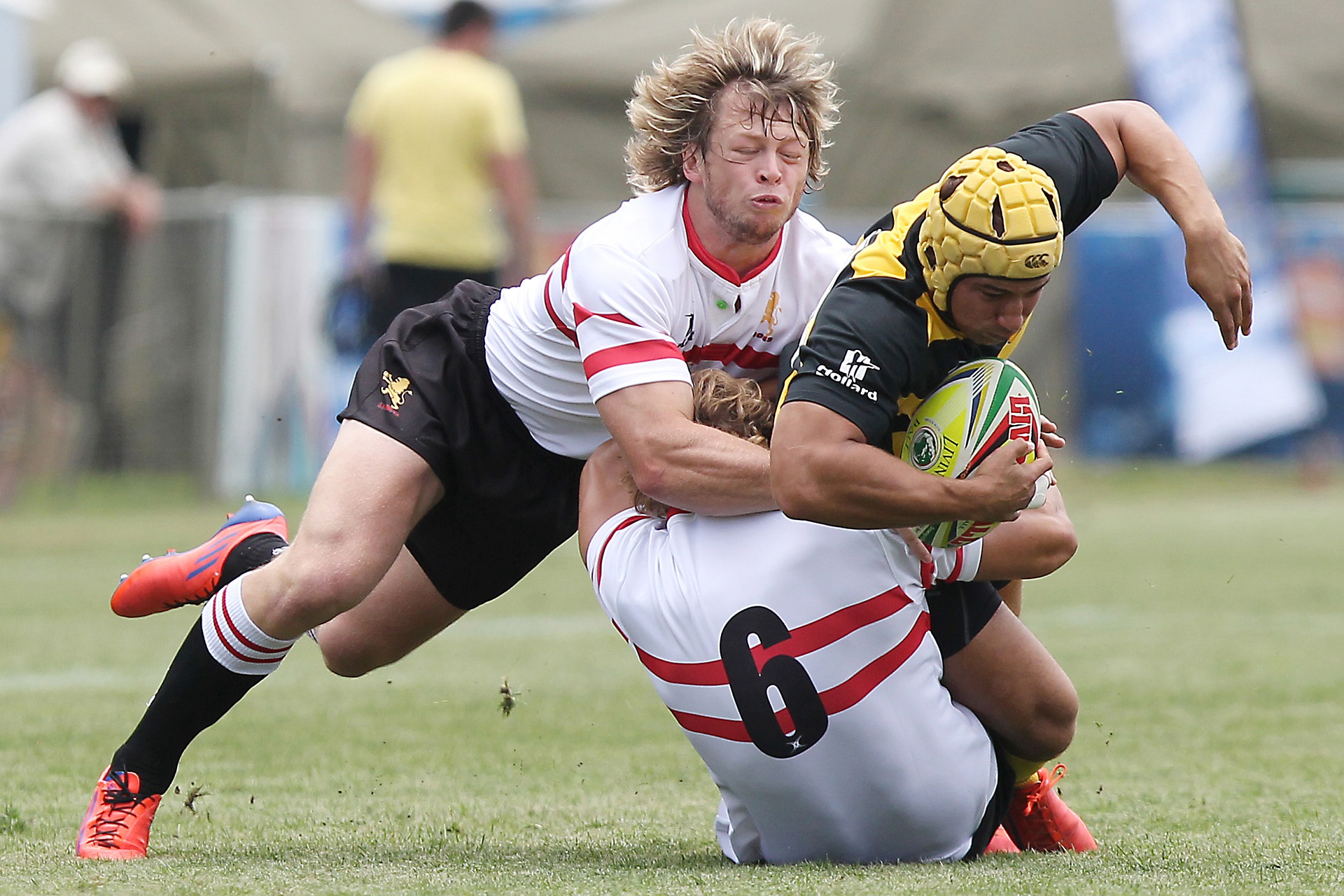Michael Black
8 October 2021:The long-term effects of concussion on retired athletes will be the focus of an ambitious new project involving the University of Canberra’s Research Institute for Sport and Exercise (UCRISE).
The Concussion and Brain Health Project 2021-24 will receive funding of $340,000 from the Australian government to improve understanding and guidelines around concussion in high impact sports.
UCRISE has partnered with the Australia Institute of Sport (AIS) and the University of Newcastle to look at the brain health of roughly 150 retired athletes who’ve suffered concussions during their sporting careers.
Professor of Sport Medicine Dr Gordon Waddington from UCRISE said their work will look at an athlete’s performance across several years, as opposed to previous studies which have only taken a limited snapshot of brain health.
“There’s no clear research that shows what effect brain knocks have on long-term brain change,” Dr Waddington said.
“This is the really important aspect of our research and there’s no easy way to do this − it just takes time.”
UCRISE will build on its world-leading research into the psychophysical effects of concussion, while the University of Newcastle will examine the cognitive brain health of participants.
The project will involve an additional 150 elite athletes from non-collision sports as a control group, to compare outcomes with the participants who have suffered concussions.

As part of this round of funding, these institutions have also been tasked with updating the Australian guidelines of the Concussion in Sport Australia: Position Statement, a resource endorsed by more than 50 leading medical and sporting organisations.
Dr Waddington said athletes are like workers in any other industry, and sporting organisations should understand the best practice for looking after their workers.
“We want people to continue to play sport because we know that it’s so important for our social development, our fitness, and prevention of chronic disease,” Dr Waddington said.
The project will continue to expand UCRISE’s comprehensive research into concussion in sports, as well as leverage its valuable partnerships with sporting teams and institutes.
It is hoped the project will continue beyond the current three years of funding, with researchers already in the process of applying for another round of grants to succeed this funding.


